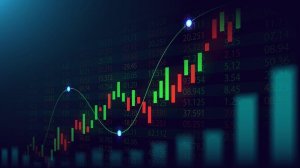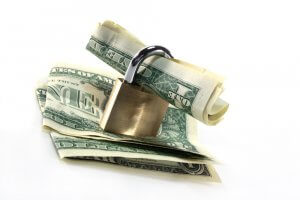Introduction
If you can recall, we have discussed a bit about Forex brokers in course 1.0. Here is the link for that article. There we have discussed the brief history and introduction to brokers. We recommend you to have a quick look at that article to get a better understanding of Forex brokers. In this article, let’s discuss the two different types of brokers.
Forex brokers can be mainly be classified into two types:
- Dealing Desks (DD)
- No Dealing Desks (NDD)
What is a Dealing Desk broker?
Dealing Desk brokers are the Forex brokers who make money through spreads. Also, they are the ones who provide liquidity to the clients. Hence, these brokers are also referred to as Market Makers. The specialty of these brokers is that they can literally make the market for their clients. This is because they usually take the other side of the clients’ trade. So does this mean that brokers take every price the client requests? Well, that’s not the case. They set both sell or buy quote, which is offered to the clients.
While trading with Dealing Desk brokers, the clients cannot see the real interbank market rates. However, as there is always stiff competition between brokers, the rates provided by the Dealing Desk brokers are close or sometimes the same as the interbank rates. Hence, the exchange rates are not a matter of concern.
Working of Dealing Desk brokers
Comprehending the working of Dealing Desk brokers is quite simple. Let’s say that a trader wants to buy one standard lot (100,000 units) of USD/CAD with a Dealing Desk broker. Once the request for a buy is sent to the brokers, the following are the scenarios that take place.
Firstly, to fill the order, the broker will try to match the order with their other clients who are willing to sell at that price. If they do not find any sell order, they route the trade to its liquidity providers, a sizeable entity who is always on the go to buy or sell a financial asset.
However, still, if there are no matching orders, they end up taking the opposite of the trader’s trade.
What is a No Dealing Desk broker?
As the name pretty much suggests, these are the set of brokers who do pass their clients’ orders through a Dealing Desk. Meaning, they do not take the opposite trade of their clients. To put it in simple words, No Dealing Desk brokers act like bridge builders. They simply link two different trading parties.
Since these brokers connect the clients directly through the Interbank Market (Banks, Hedge Funds, Mutual Funds, etc.) they usually charge some commission from the clients, or they slightly increase the spreads.
This completes the lesson on types of brokers. And in the next lesson, we shall do a comparison between these two brokers to give you an idea of which broker one must choose. Don’t forget to take the quiz below before you go. [wp_quiz id=”53810″]





